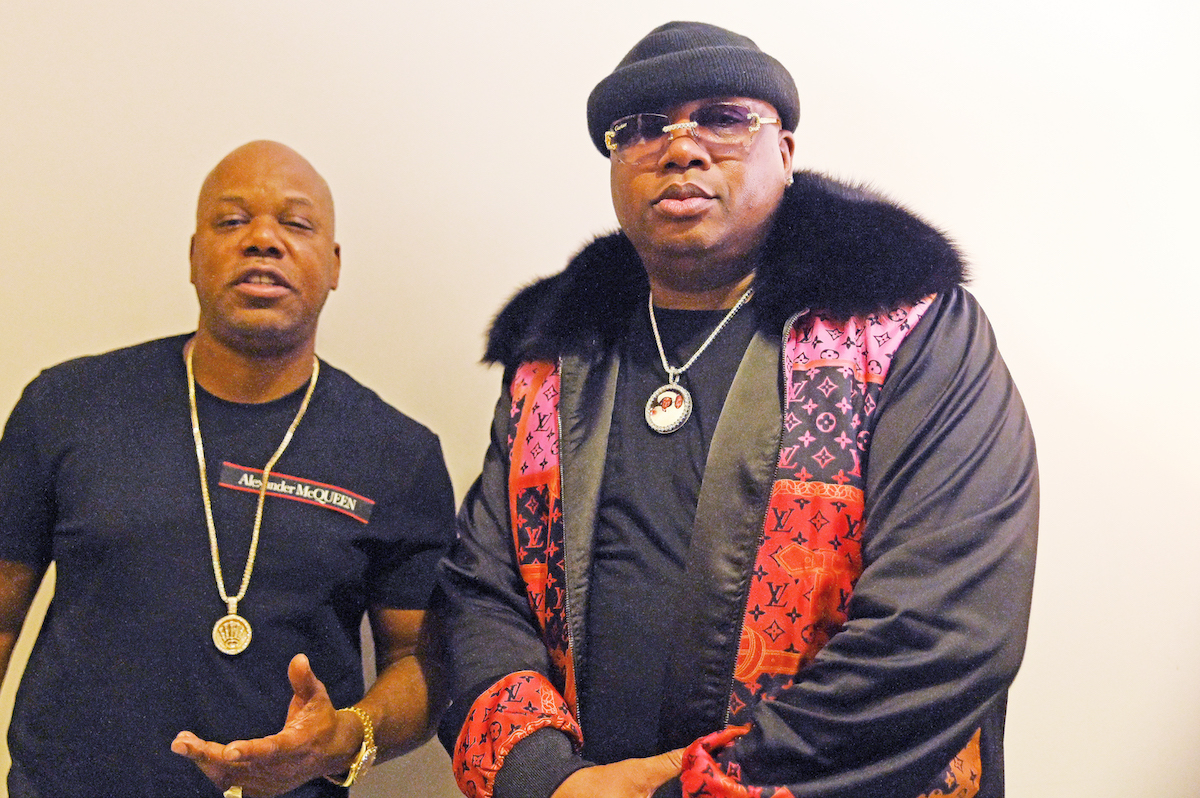“Why are so many young rappers dying?” Two of the biggest rappers to ever emerge from the Bay Area posed the question in an essay published today in The Atlantic.
Earl Stevens and Todd Anthony Shaw—better known by their stage names, E-40 and Too $hort—leveraged the influential magazine’s large readership to speak out against what they see as an alarming rise in gun violence within the hip-hop community.
Invoking the recent murder of Takeoff—one-third of the popular Atlanta trio Migos—Stevens and Shaw noted that at least one prominent rapper has been killed by a gun-wielding assailant every year for the past five years. The recent spate of killings includes Nipsey Hussle, Pop Smoke, King Von, PnB Rock, Young Dolph and XXXTentacion. Takeoff, known to his family as Kirshnik Khari Ball, was killed on Nov. 1 at a bowling alley in Houston. He was 28.
E-40, who was born and raised in Vallejo, and Too $hort, who hails from Oakland, were particularly concerned that social media was being used to stoke acts of violence within the hip-hop world.
One reason the violence has gotten worse is social media,” the pair wrote. “Rappers are trying too hard to flex online to the detriment of their safety.”
The critique calls to mind similar remarks that veterans of the rap industry have made in relation to the mid-’90s East Coast vs. West Coast beef between Christopher Wallace (better known as Notorious B.I.G. or Biggie Smalls) and Tupac Shakur. In the wake of the murders of Shakur and Wallace—in the fall of 1996 and spring of 1997, respectively—many criticized the way in which the media covered the rivalry. Some even accused publications like Vibe of recklessly stoking the flames of violence to sell magazines.
Today, anyone with a large social-media following has the power to whip their fans into a frenzy. As such, both E-40 and Too $hort called on performers to be mindful of what they post.
Stevens and Shaw also recalled the way the hip-hop community and other Black leaders reacted in the wake of the murders of Shakur and Wallace.
“When Tupac and Biggie were murdered, members of the Nation of Islam sat a lot of us down,” the two Bay Area hip-hop legends wrote. “We went to Louis Farrakhan’s house in Chicago, had a meal, and talked about the state of hip-hop, our responsibilities to the culture and how we should fix things.”
Looking back on that chapter of their lives, both Stevens and Shaw said they hoped that calmer heads would soon prevail: “It’s time for us to come together again,” they wrote. “The industry needs change.”
You can read the full essay at The Atlantic.
